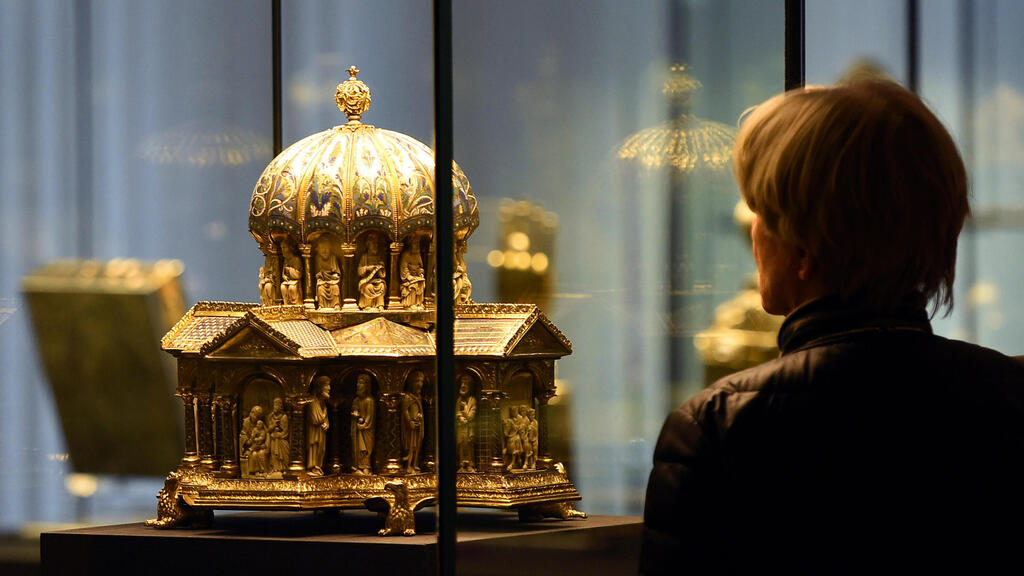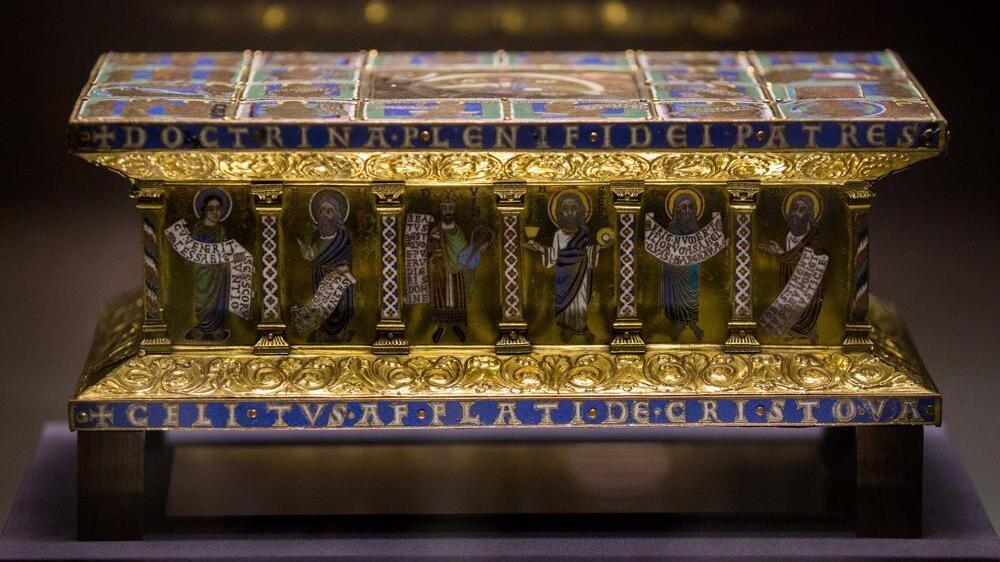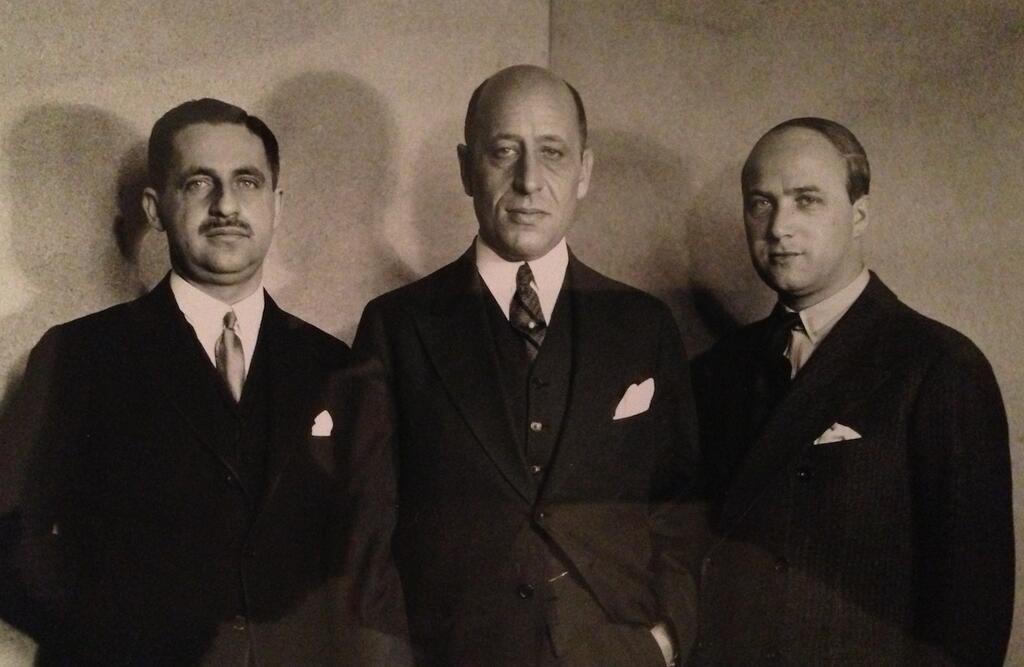Getting your Trinity Audio player ready...
In a recent development, the U.S. Court of Appeals has ruled against allowing the descendants of the Jewish former owners of the Guelph Treasure to have their claim judged on merit in a U.S. court. This decision marks another setback in their ongoing legal battle with the Prussian Cultural Heritage Foundation.
Read more:
The Guelph Treasure, also known as the Welfenschatz in German, is a collection of precious artifacts dating from the 11th to the 15th century. It includes exquisite silverware, relics, altarpieces, and gold and silver crucifixes. Valued at up to $250 million, it is the largest publicly owned collection of its kind in Germany.
3 View gallery


A visitor looks at the cupola reliquary (Kuppelreliquar) of the so-called "Welfenschatz" (Guelph Treasure) displayed at the Kunstgewerbemuseum (Museum of Decorative Arts) in Berlin
(Photo: TPS)
The legal dispute surrounding the Guelph Treasure began in 2014 when the heirs of Jewish art dealers claimed that the items were sold under duress and significantly undervalued to the Nazi government in 1935. However, the Prussian Cultural Heritage Foundation, which manages the Berlin Kunstgewerbemuseum where the collection is housed, argued that it was immune from U.S. legal decisions under the Foreign Sovereign Immunities Act due to its status as a German institution. They further contended that the sale was voluntary and that the collection was not in Germany at the time of the transaction.
The recent court ruling on July 13 follows a 2022 regional court ruling and a Supreme Court dismissal in 2021, all of which have been unfavorable to the descendants' claim. The court decisions have been met with disappointment by the heirs and their civil litigation attorney, Nicholas O'Donnell. O'Donnell expressed his disappointment and stated that they are reviewing the opinion and considering their next steps.
3 View gallery


The medieval portable altar of Eilbertus a part of the Welfenschatz
(Photo: AP / Markus Schreiber, File)
The Prussian Cultural Heritage Foundation, represented by its president Hermann Parzinger, welcomed the ruling. Parzinger stated that the decision confirmed their view that the claim for the restitution of the Guelph Treasure should not be handled by a U.S. court.
The descendants of the Jewish former owners have argued that the foundation's perspective does not adequately consider the experiences of Jews living in Germany after the National Socialist Party seized power. They believe that the sale of the Guelph Treasure was coerced and should be recognized as theft under the Washington Conference Principles on Nazi-Confiscated Art.
The complex and emotionally charged legal saga over the Guelph Treasure continues, leaving the fate of these precious artifacts in question as the heirs and their legal representatives weigh their options.



